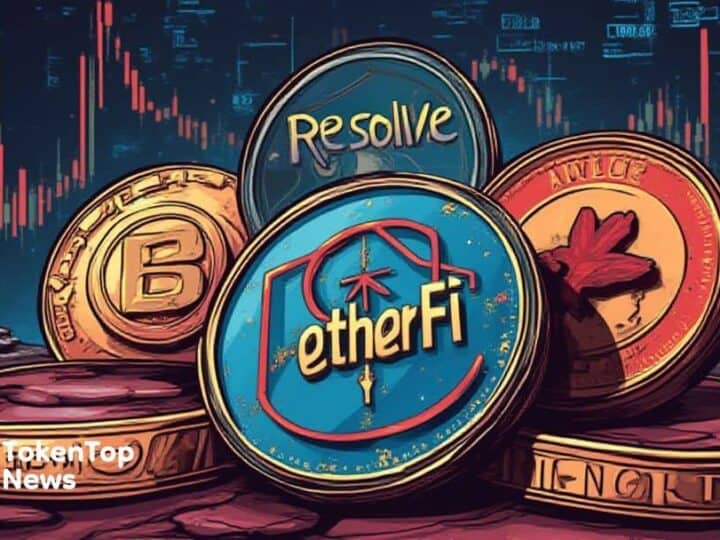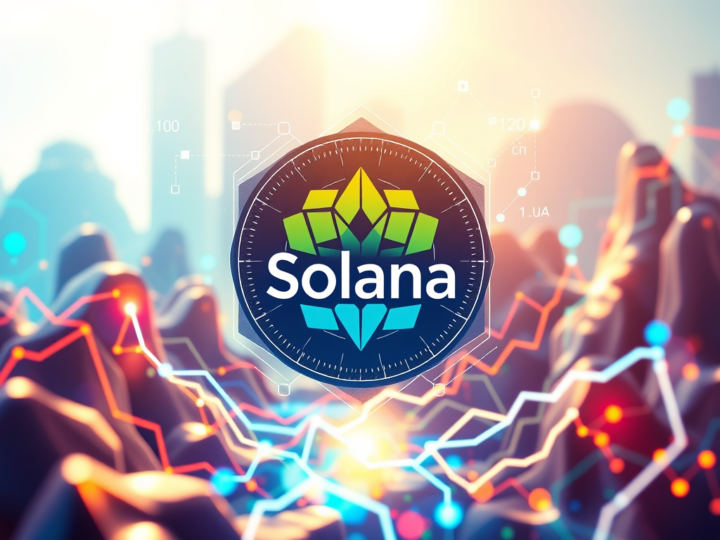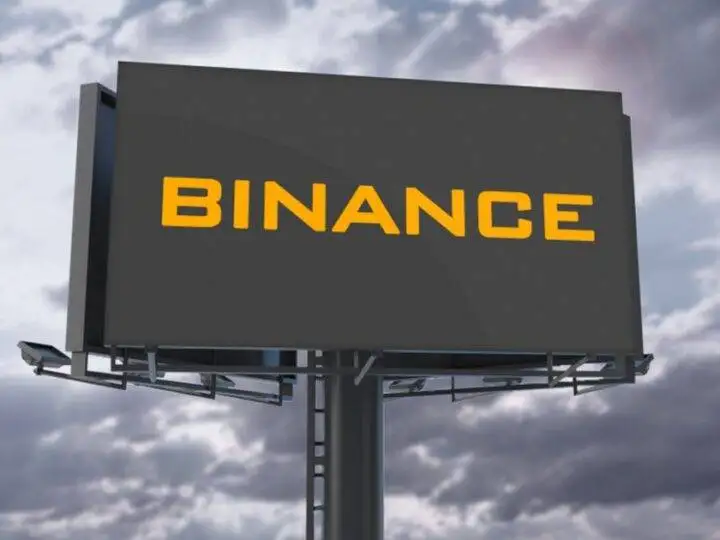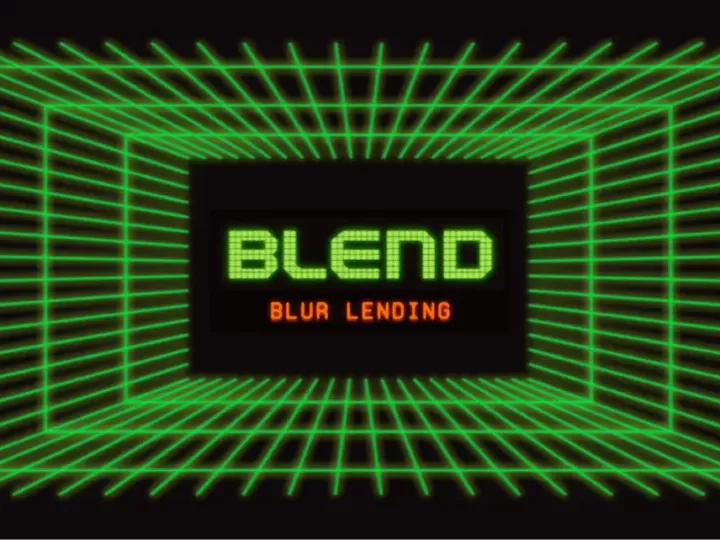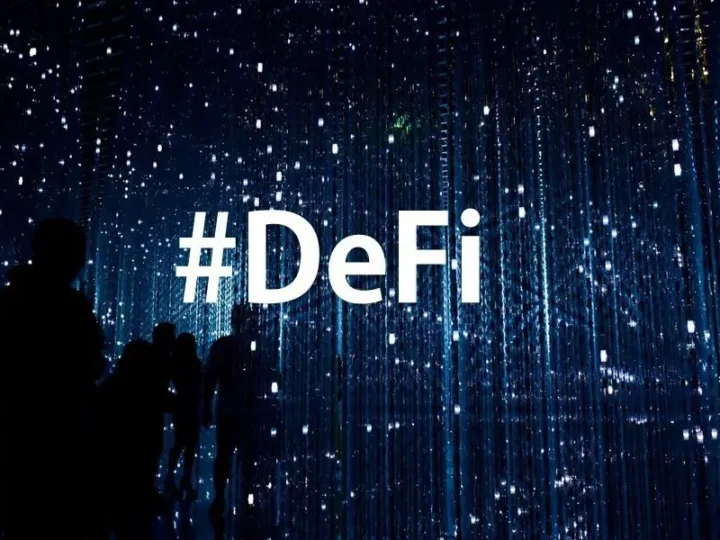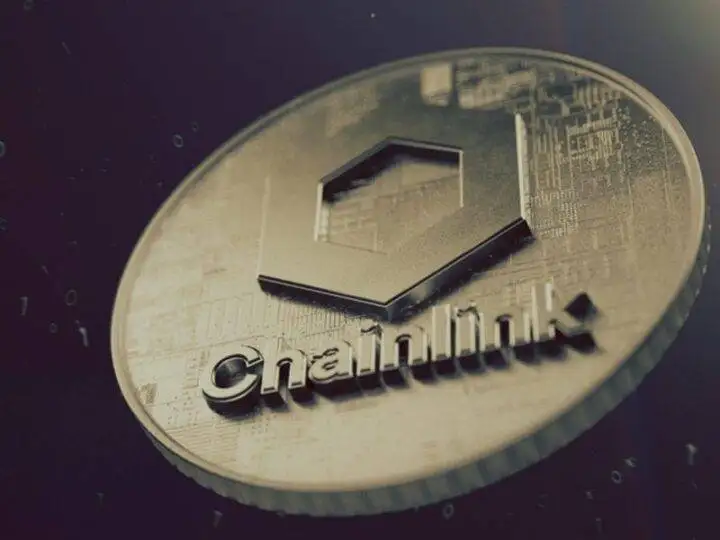For More Information: Website: https://www.moonbull.io/ Telegram: https://t.me/MoonBullCoin Twitter: https://x.com/MoonBullX Frequently Asked Questions For 100x Crypto What Does 100x Crypto Mean? A 100x crypto refers to a cryptocurrency that has the potential to grow one hundred times in value from its launch or presale price, offering huge returns for early adopters. Why Do Investors Regret Missing Bonk? Bonk offered early backers massive returns, but those who joined late missed out on the biggest gains. Its story shows how critical low entry prices are in meme coin investing. What Makes MoonBull Different From Other Meme Coins? MoonBull stands out with elite staking rewards, secret token drops, and exclusive whitelist bonuses, all built on Ethereum’s secure network. How Can I Get MoonBull Early Access Presale? By submitting an email to the encrypted whitelist form, investors secure early notifications, bonus allocations, and entry at the lowest presale price. Is MoonBull the Next 100x Crypto Gem? MoonBull is being positioned as one of the top meme coin second opportunities of 2025, with a presale designed to reward early access and create viral momentum. Alt Text For Publishers 100x crypto, next 100x crypto gems, MoonBull early access presale, meme coin second opportunity, Bonk missed profits, presale hype 2025, MoonBull coin, Ethereum meme coin 2025, MoonBull whitelist closing fast, best crypto presale 2025
Blockchain
Franklin Templeton has taken another significant step in blockchain adoption by integrating its Franklin OnChain
NFT
The world of non-fungible tokens (NFTs) has seen a surge in popularity over the past
DeFi
The Grayscale Smart Contract Fund is a specialized investment vehicle designed to provide exposure to





